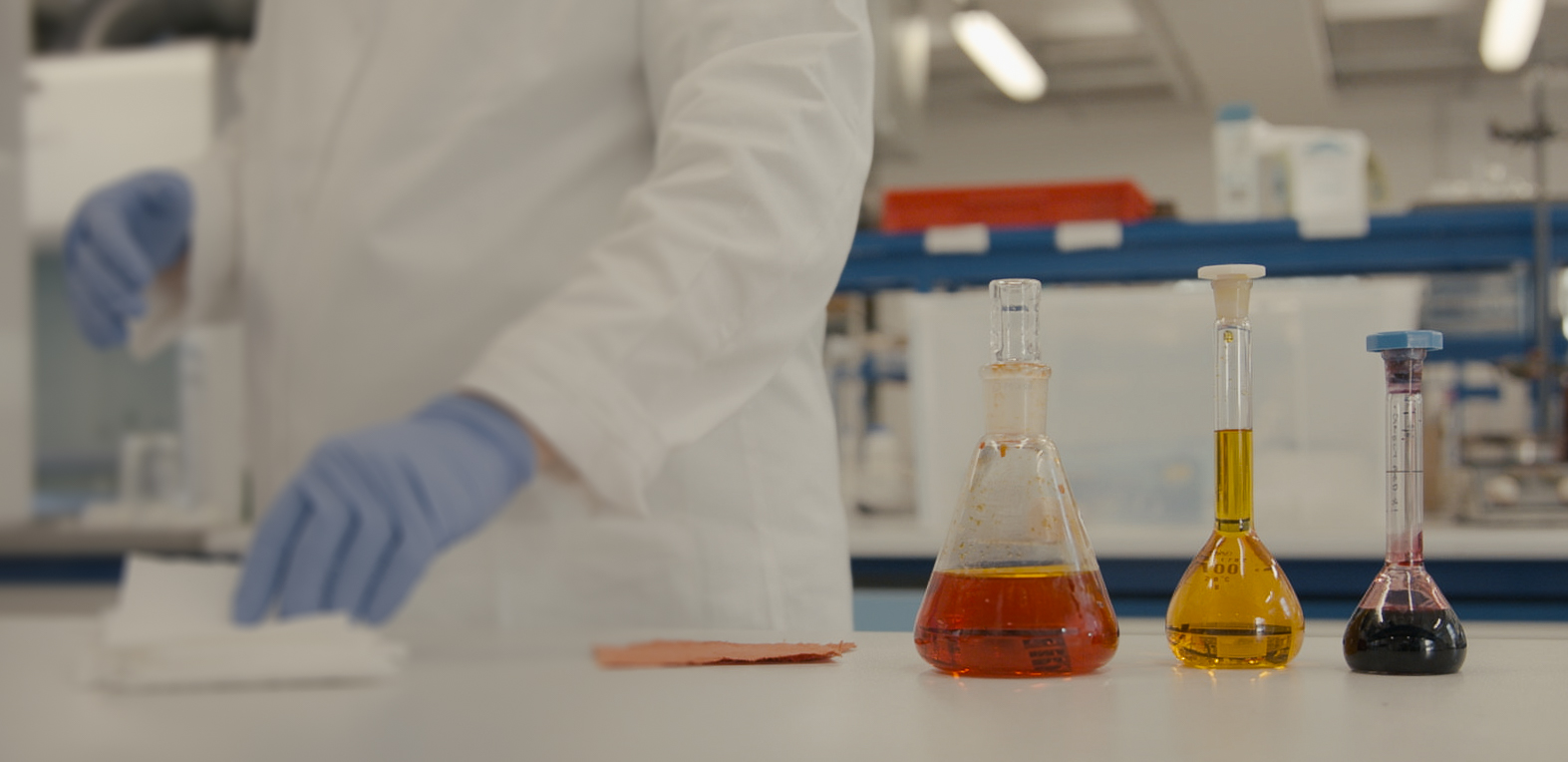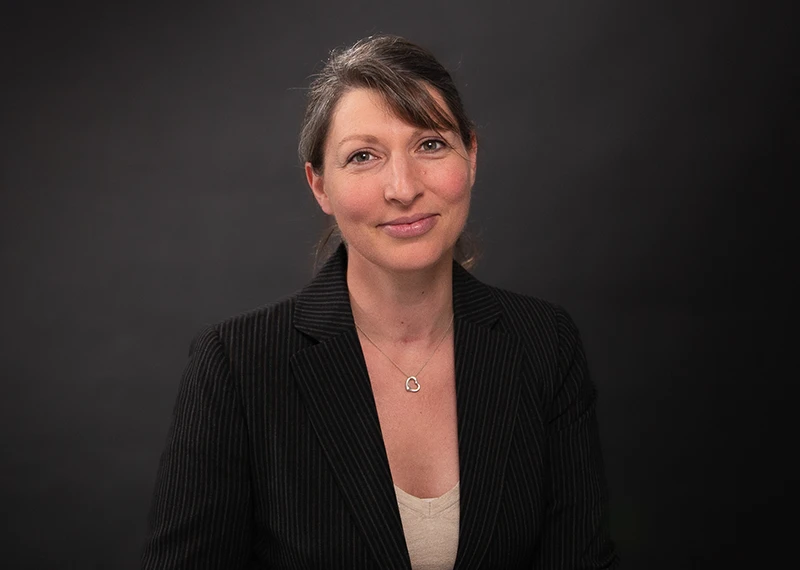By using our services, you consent to our Cookies Policy.

Textile Dyeing is a complex yet essential process that enhances both the aesthetic and functionality of fabrics while playing a crucial role in design, manufacturing and sustainability. This course provides insights into fibre types, dye classes, preparation methods, and quality assessments, helping you understand how these factors impact cost, lead time, and sustainability.
8 - 10 Hours
Online Self-Paced Course
CPD Accredited Certificate
The fundamental principles and methods of textile dyeing.
How fibre type influences coloration and how to select the appropriate dye classes for common materials used.
How dyeing impacts costs, lead time, quality and sustainability.
The importance of textile processing and how preparation steps affect the outcome.
Key considerations for quality assessments and their role in maintaining consistency and meeting industry standards.
A deeper understanding of the textile dyeing and coloration process and its significance in production and product quality.
The ability to assess coloration decisions based on key factors such as fibre type, cost, lead time and sustainability.
Be able to make more informed decisions related to colour based on desired products and production outputs.
Fashion and textile professionals seeking a deeper understanding of textile dyeing processes.
Buyers, designers, quality assurance specialists, and sustainability teams who need to communicate colour requirements effectively.
While it isn't essential, we recommend learners start with our Fundamentals of Textile Fibres course to build your foundational knowledge of fibre types.

Dr. Muriel Rigout integrates chemistry with textile technology at PACE. She holds a first-class honour’s degree in Chemistry from the University of Kent and a PhD in Colour Science and Textile Chemistry from the University of Leeds. Dr Rigout’s career includes work in textile colouration and finishing, covering high-temperature dyeing, inkjet printing, and developing haptic surface effects and electroluminescent nano-silica materials. Her experience includes a visiting scholarship at Heilongjiang University in China and research with Pharma Ink Ltd. on anti-counterfeiting security inks. Her subsequent academic roles include a lectureship at the University of Manchester and an Associate Professorship at the University of Leeds.
View Full ProfileSubscribe to be the first to know about our upcoming courses and discounts
Subscribe